Protecting West Bugwe Forest
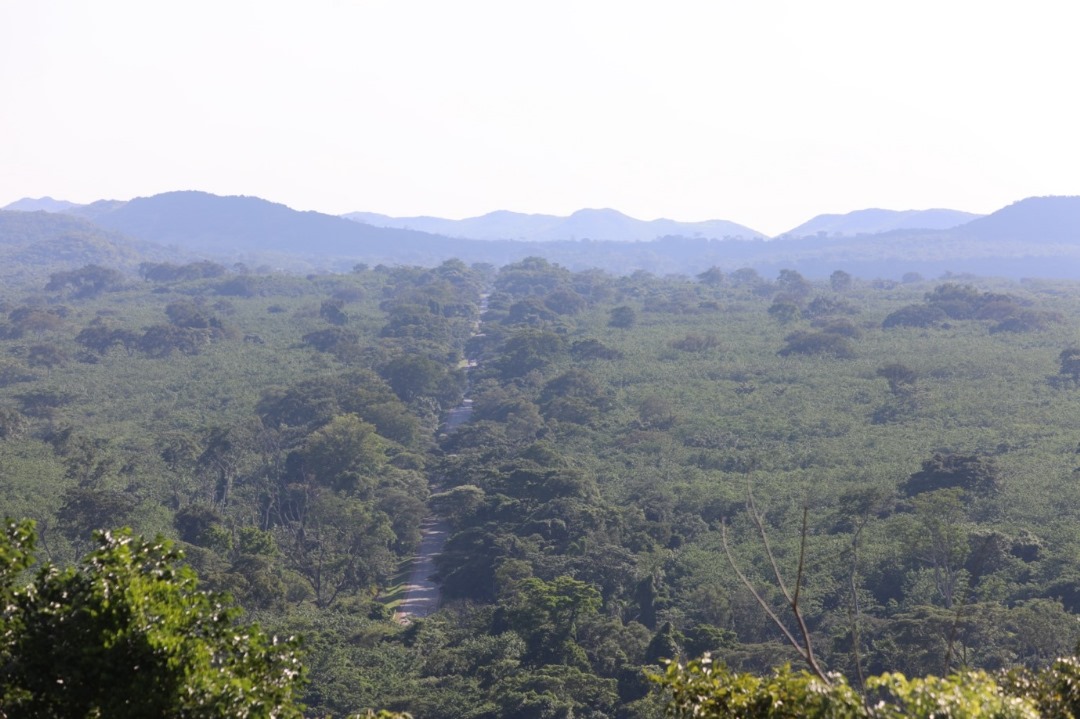
West Bugwe is one of only three natural forests remaining in Uganda’s Eastern region. Despite its designation as a Central Forest Reserve, it has continued to be degraded by encroachment and illegal activities such as charcoal burning, farming and fuel wood collection.
West Bugwe approximately covering 31 km2 is home to unique birds, moths, dragonflies, six of Africa’s key tree species and two species of nationally threatened butterflies.
As forests help to lock up carbon, their degradation has major implications for climate change. Their destruction also leads to biodiversity loss and poverty for people dependent on the forests’ resources.
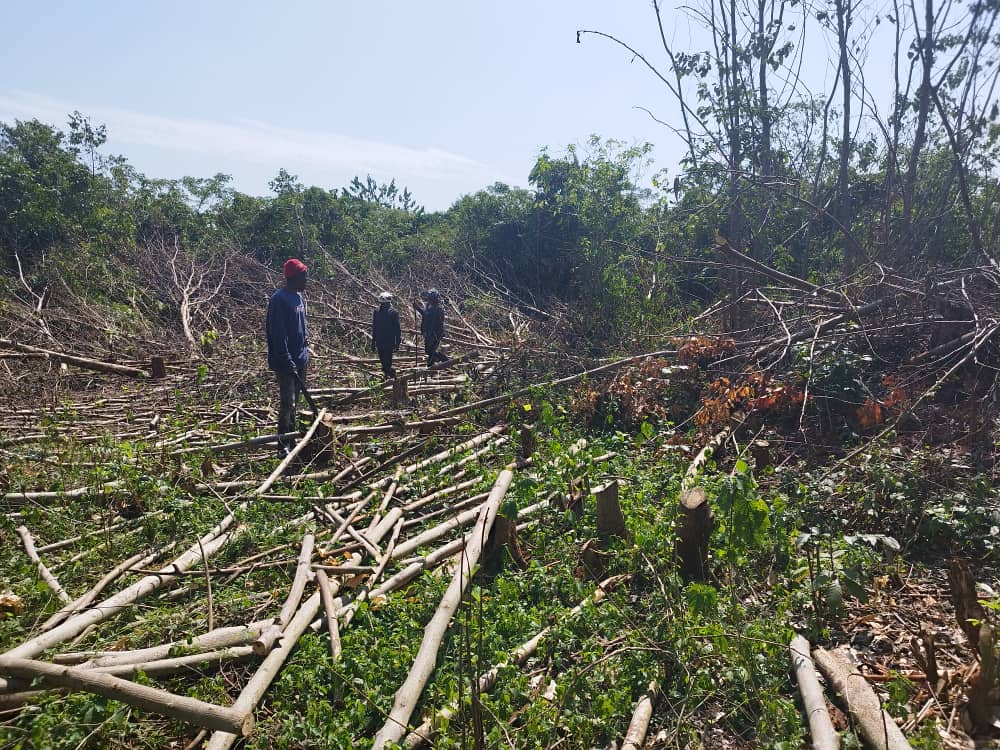
Just like many of Uganda’s forests, West Bugwe is being threatened by encroachment and pressure for farmland and fuel.
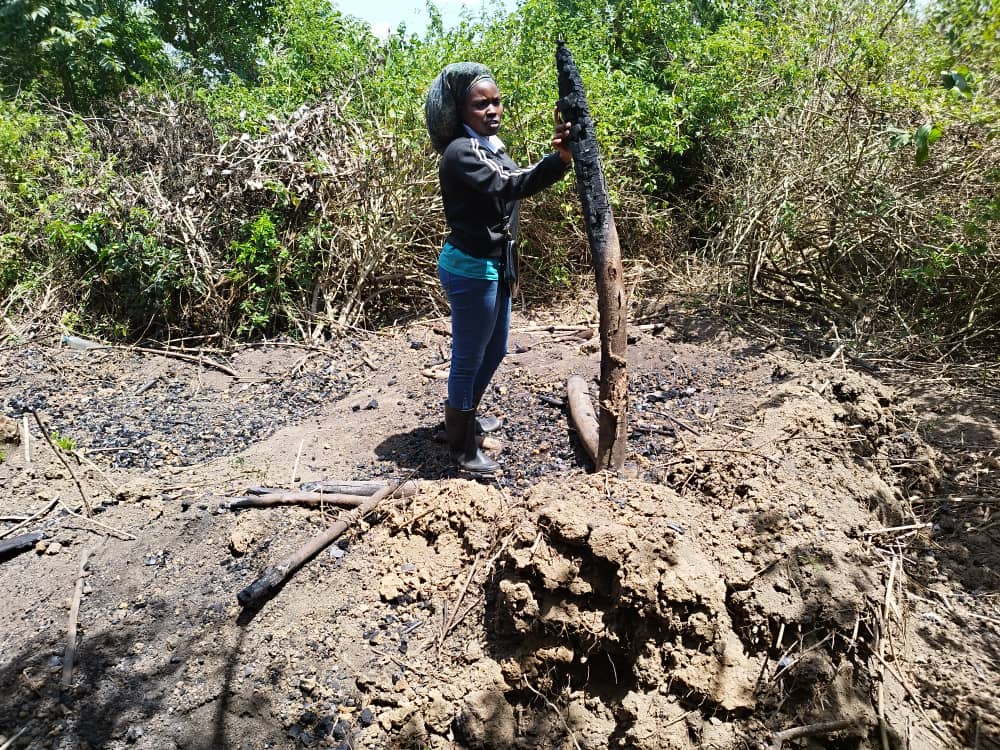
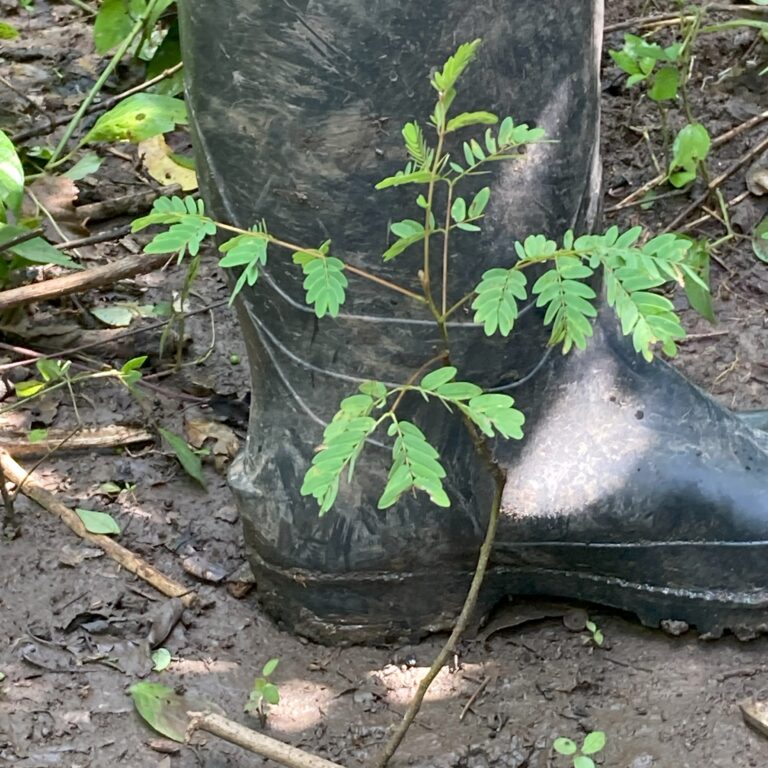
We have planted 7,566 Indigenous trees on 20ha of forest land.
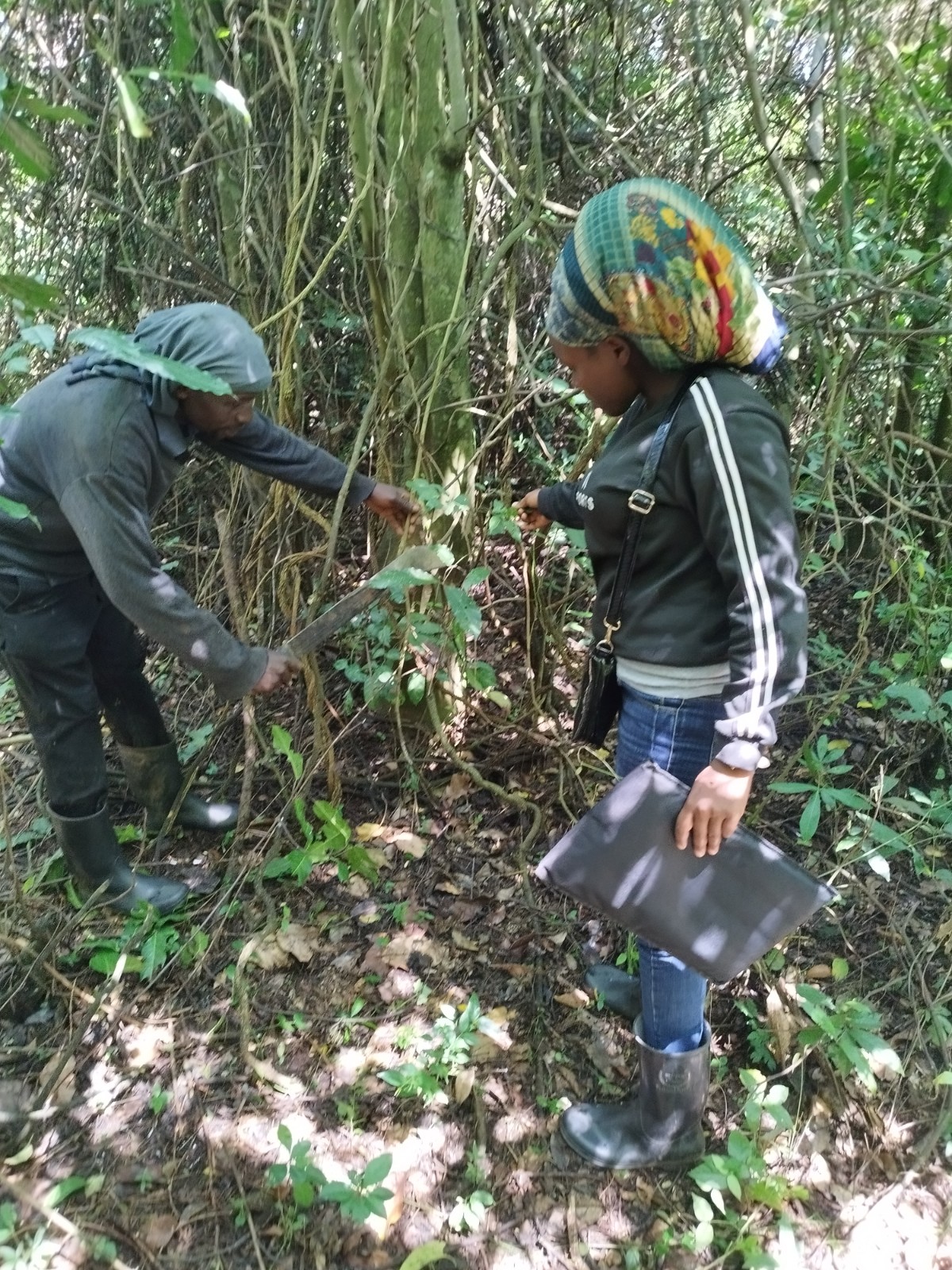
We have liberated 30ha of forest land from invasive species like Lantana Camara.

Butterfly Survey
A total of 202 species of butterflies were registered; 10 Papilionidae, 25 Pieridae, 28 Lycaenidae, 98 Nymphalidae, 40 Hesperiidae and one Riodinidae. A relatively high proportion (52%) of the total were forest-dependent or forest edge butterflies.

Bird Survey
A total of one hundred and nine (109) species from 37 families were recorded from the survey, 80 species were recorded from the Timed Species Counts in the degraded sections of the Forest, while 45 species were recorded from the Point Counts in the Primary Forest /Intact Forest. The team also recorded 12 species from a total count at an area of Swamp and 7 species opportunistic sightings.
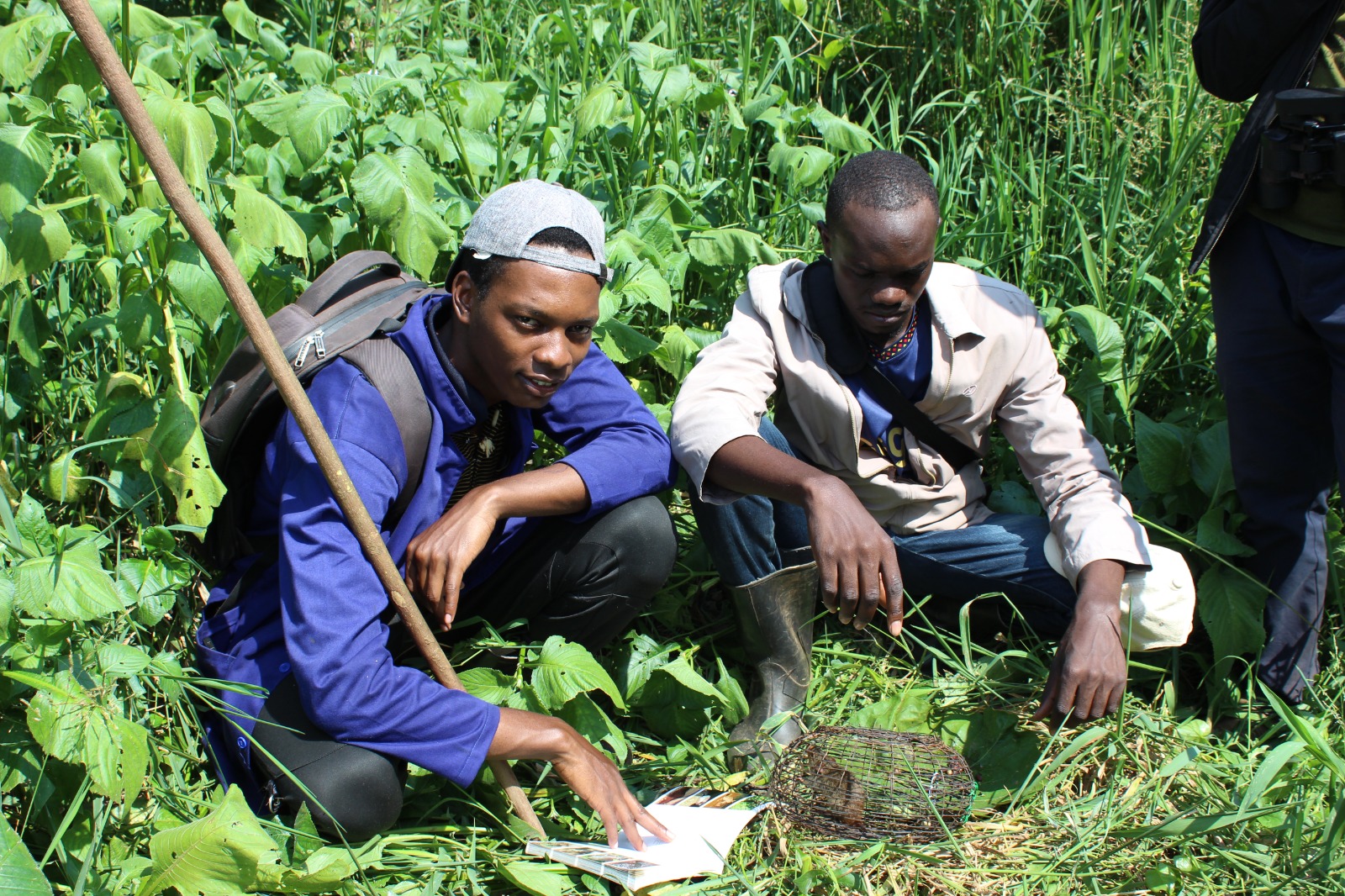
Mammal Survey
Lorem ipsum dolor sit amet, consectetur adipiscing elit. Ut elit tellus, luctus nec ullamcorper mattis, pulvinar dapibus leo.
Livelihoods
Our efforts have been to empower different households and families living around West Bugwe forest with sustainable livelihood techniques such as building smokeless ovens, agroforestry, Farming God’s Way techniques and beekeeping to provide alternative fuel for home use, reduce pressure on the forest and economically strengthen them.
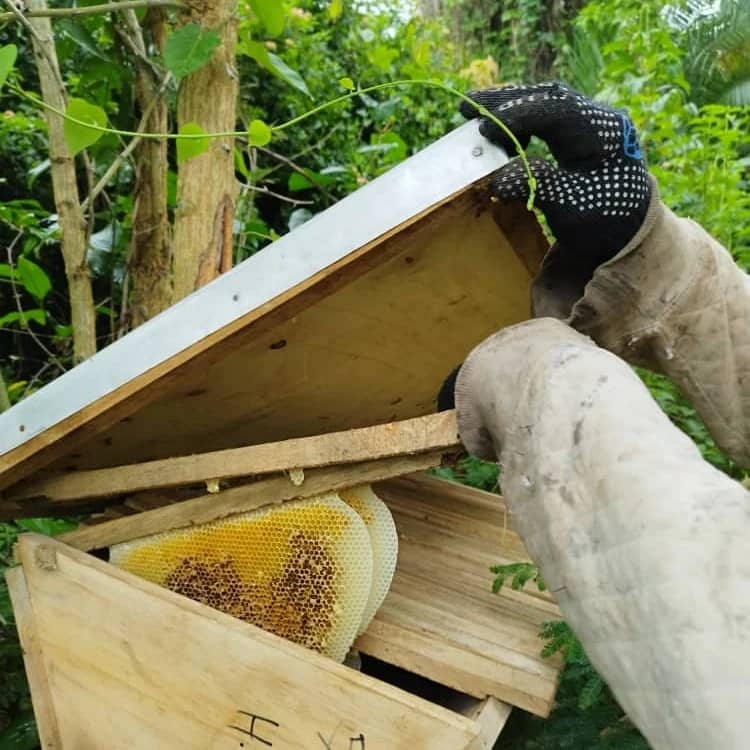
Bee Keeping
90 households have been equipped with beekeeping techniques and 30 bee hives were reinstated in the forest reserve.

Farming God's Way
197HH have received a training in FGW to increase their yields and preserve the soil fertility and biodiversity.
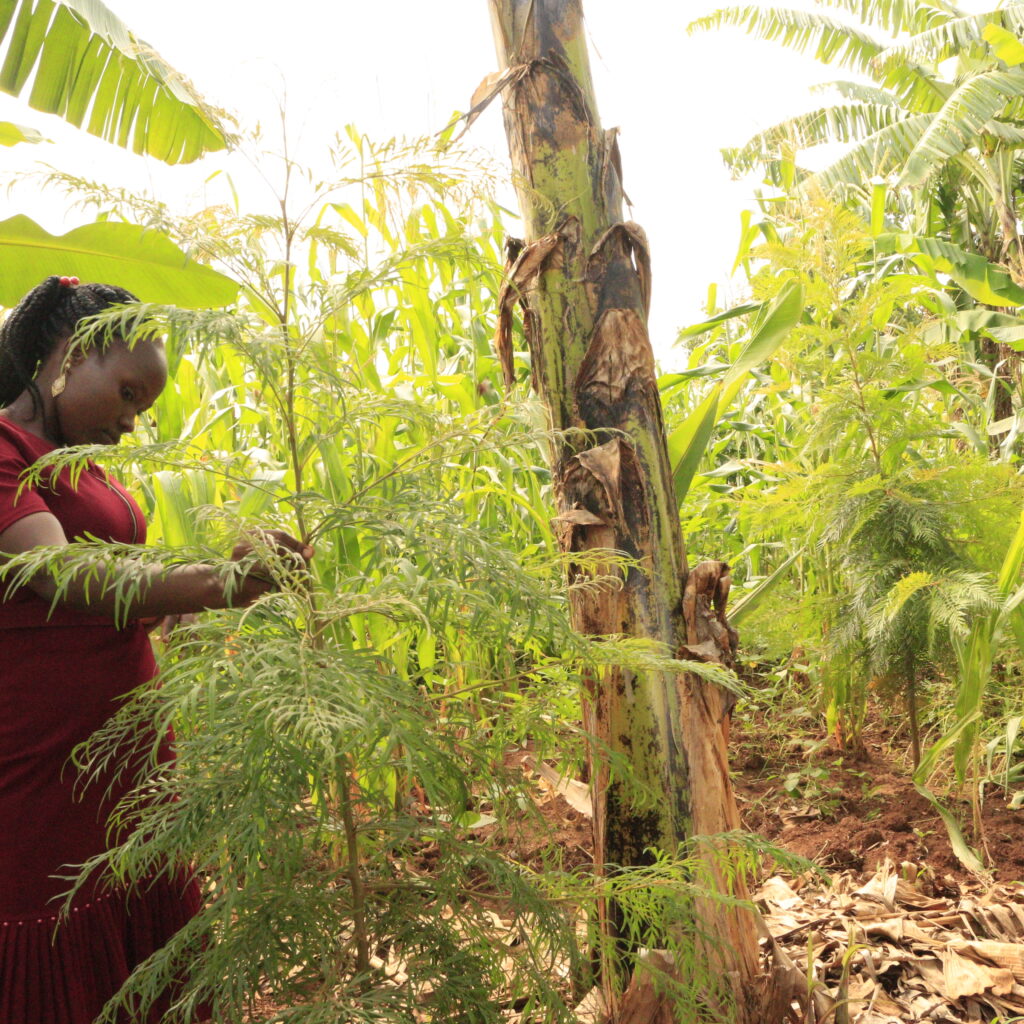
Agro- Forestry
Our team has trained 123HH in agroforestry and planted 3,045 trees to provide fuel wood, reduce pressure on the forest, and increase biodiversity and fertility of the soil.
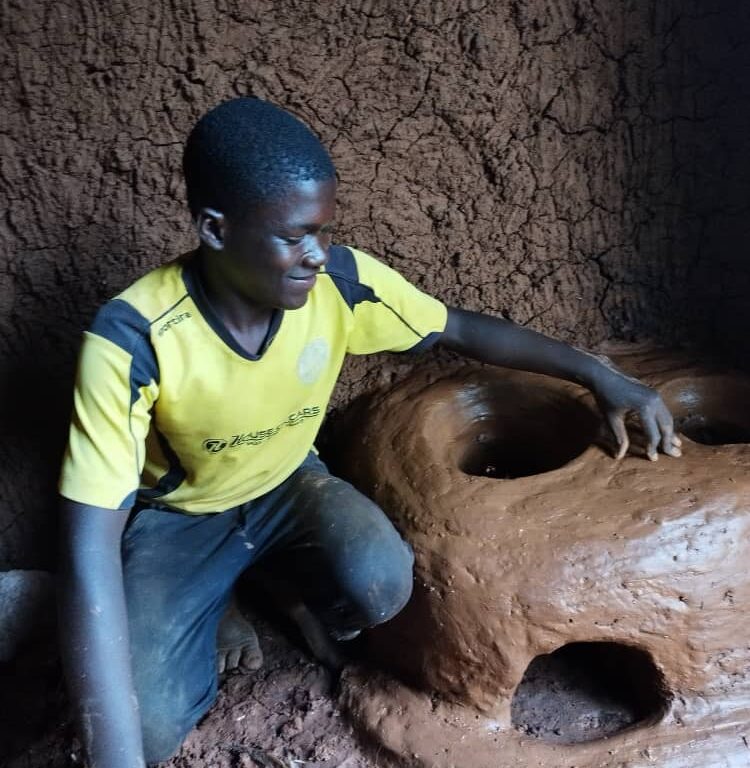
Building smokeless stoves
We have built 200 smokeless ovens for 200 households.
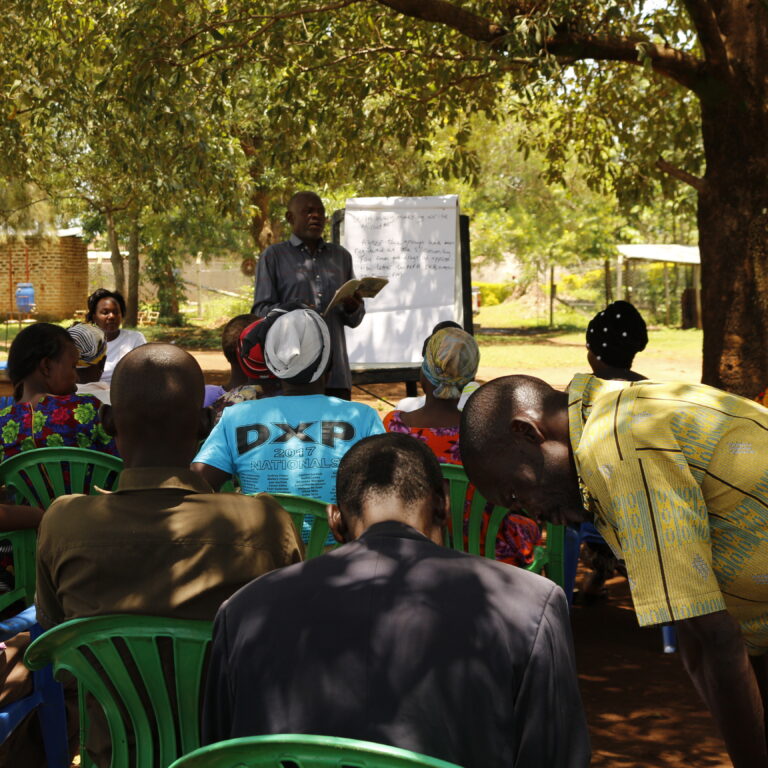
Collaborative Forest Management (CFM)
To get the community involved in forest conservation and preservation, the organisation together with the National Forestry Authority have trained 120 community members to carry out forest patrols, become forest-conservation ambassadors and to work with the National Forest Authority to stop illegal activities in West Bugwe.
Project funded by:


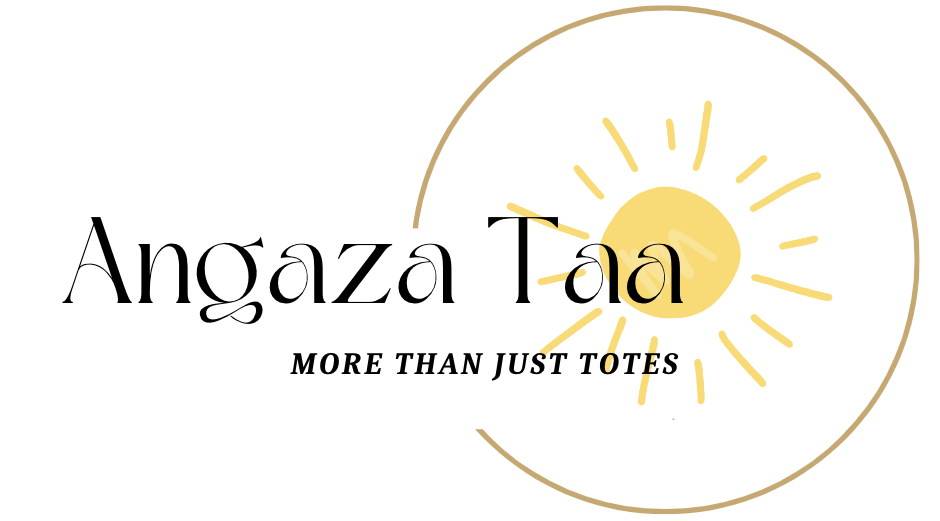

© 2023 A Rocha Uganda